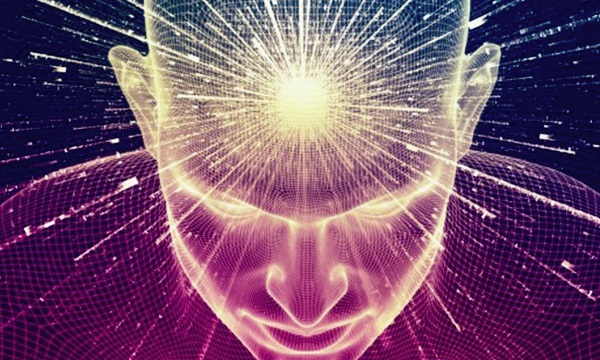Some Definitions
James C. Rocks
In their battles against the godless heathens of the scientific community, creationists will often make scientific-sounding definitions and use these in attempts to destroy the basis of their enemy’s arguments and as such it is useful to have a fixed set of definitions for the more common scientific & religious concepts.

This is not intended as a glossary of science or religion but as a guide to various concepts used by those involved in the debate. In order to eliminate confusion all of these definitions are taken from quality Anglo-American dictionaries and, where possible, I have chosen those that relate more directly to science (except where issues of faith are addressed).

Definitions
Religion
The belief in a superhuman controlling power, esp. in a personal God or gods entitled to obedience and worship; the expression of this in worship; a particular system of faith and worship.
Faith
A system of religious belief (e.g. the Christian faith); a belief in religious doctrines; spiritual apprehension of divine truth apart from proof; things believed or to be believed; a firm belief, esp. without logical proof.
Fact
A thing that is known to have occurred, to exist, or to be true; an item of verified or verifiable information; a piece of evidence.
Assumption
Something taken as being true, for purpose of argument, further investigation or action.
Hypothesis
A proposition made as a basis for reasoning, without the assumption of its truth; a supposition made as a starting point for further investigation from known facts.
Theory
A supposition or system of ideas explaining something, esp. one based on general principles independent of the particular things to be explained (e.g. atomic theory or the theory of evolution); the exposition of the principles of a science etc.; a collection of propositions to illustrate the principles of a subject (e.g. probability theory or the theory of equations).
Law
The correct statement of invariable sequence between specified conditions and specified phenomenon; laws of nature, regularity in nature; a regularity in natural occurrences, esp. as formulated or propounded in particular instances (e.g. the laws of nature, the law of gravity or Parkinson's law).
Discussion
It is worth summarising what these definitions represent and some evolutionary implications deriving from them.
- Science is characterised by lack of hard fact that is to say that nothing in science is so inflexible it cannot be changed given the support of adequate evidence. This applies to theories AND to laws ... some creationists continue to adhere to Newtonian physics that, whilst still generally acceptable, has long been superseded by relativity (itself superseded by Quantum Mechanics).
- A hypothesis is a concept that is not supported by sufficient evidence to gain the status of theory.
- A theory is a concept that is supported by evidence and can be used to predict other effects.
- Evolution is not a science but a theory.
- Evolution (in gross) is supported by such an incredible weight of evidence that it is regarded as de facto proven ... that is to say that no scientist (or at least none that want to be taken seriously) regard evolution as wrong.
- Evolution (in fine) continues to change.
- Evolution is part of science and is interwoven into almost EVERY discipline of science.
- To destroy or invalidate evolution it would be necessary to tear down the entire body of scientific knowledge and start from scratch!
- Neither abiogenesis nor the big bang have anything whatsoever to do with the theory of evolution and scientific references to it in such areas are always poetic in nature.
Conclusion
If creationists are going to seriously challenge the thinking of such scientists (the above has been the case for a hundred years or more) then they are required to supply evidence.
In order to provide that evidence, it is not considered acceptable to twist & distort current interpretations or to tell lies ... science does not work in that manner. It is necessary to demonstrate something as flawed by finding evidence that does exactly that following which a new or modified theory must be developed to replace it and that theory must be backed up with evidence.
Of the three theories mentioned (Abiogenesis, Evolution & The Big Bang) evolution is, arguably, the safest, the most proven and the most specifically supported by evidence. Abiogenesis is still largely speculative and The Big Bang is one of two competing theories both of which fit the observations.